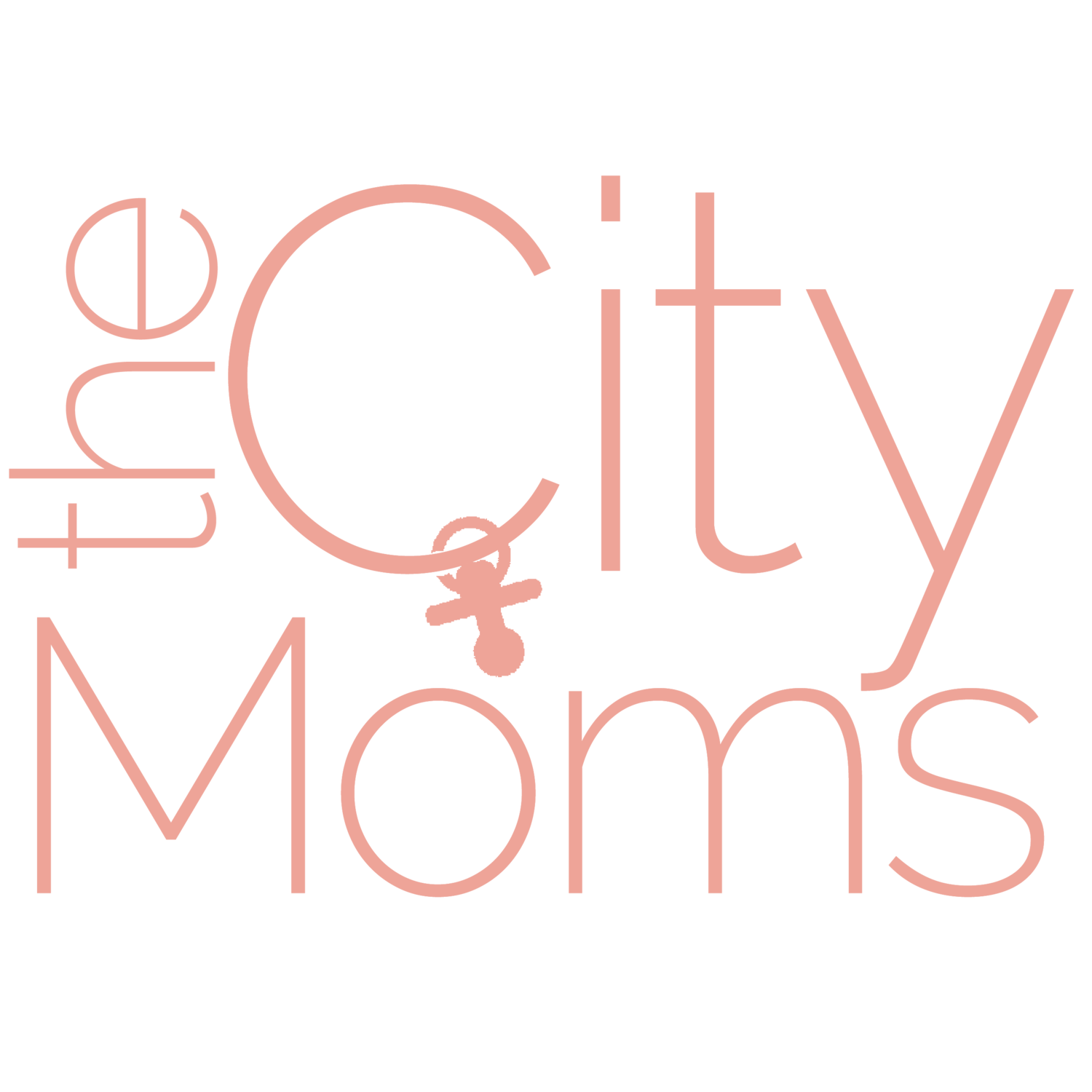How to cope with grief and loss
Grieving might be one of the most profound experiences humans endure.
When a loved one dies, the world might not make sense. Even though we know they are no longer with us, we might still speak about them in the present tense or feel like they may be home any minute. We may even wonder why grief feels intense for so long while wishing to hold onto every detail of our loved one’s mark on our life. Grief touches all of us, and though we are often encouraged to dry our tears quickly, I offer an alternative:
What if you view grief as a type of learning, to allow yourself to move through it gently and with compassion?
Let’s start with some helpful terminology from Mary-Francis O’Conner, PhD. She is a researcher and leader in the neurobiology of grief and grieving and author of, The Grieving Brain. She defines grief and grieving as two different things:
Grief is a wave of emotions we have in response to our loss. It is typically momentary or temporary, but overwhelming and intense. These waves can catch us by surprise throughout the grieving process.
Grieving is the way grief changes over time. Grieving doesn’t go away, but we learn to be in a relationship with it. The actual moment of grieving is familiar (and less intense) but we can soothe or comfort ourselves knowing we have experienced this before. It’s important to recognize that grieving never ends but shifts over time.
This means that grief is not only an intense emotion but can also become a set of skills if we allow it to guide us, rather than shutting ourselves down. Through neuroimaging, Mary-Francis shows that we create attachment neurons to people we are in relationships with. After someone dies or a relationship ends, those neurons and pathways still exist. These tell our brain that we will encounter that person again, though logically we know that is untrue.
This is one reason grieving takes so long: Our brains still perceive that person as a part of our lives, and we have to form new, contrary neural pathways to convince it otherwise.
RELATED READ:
We want to share some suggestions for how you might cope with loss:
Find time for rituals
If a loved one has died, you will likely have a funeral ritual of some kind. This marks an ending, typically where you can share your grief and be cared for by the community. Sometimes, you (the person grieving) end up caring for others. However, sometimes, you, the person grieving, may have to care for others. This is fine (and normal!), but maintain balance. You can care for others but you deserve to be cared for. No number of tears or feelings are off-limits. You might also remain in shock and unable to access your feelings. Anything along the spectrum is completely normal.
Creating rituals is a way to continue to honor the life of your loved one and say goodbye. This can be simple, like taking time in the morning to think of them as you have your coffee. Or, you can create a legacy piece of art, write a story, or organize photos of them. One of my favorite rituals is to create a playlist of songs. These are either tunes that I shared with my loved one or those that remind me of them. When I want to focus on them, I turn on the playlist. These rituals also help when a relationship ends (like during divorce or when a friendship has run its course). Make space to honor what was, while moving into what is.
LOOKING FOR MORE SUPPORT:
Express grief in community
Social connections are vitally important in times of grief. Many people who wrestle with shame around sadness have a difficult time allowing others to see them so hurt. Culturally, we get messages early on to “be strong,” or “stop crying,” so as not to make other people uncomfortable. I say, (and lots of research says) to throw that thinking out the window.
We can find spaces to share memories, laugh, cry, remember, hear others’ memories, and even poke fun at our loved ones for all their beautiful quirks. Our memories as a collective gain strength and build a wondrous collage of our loved one’s life.
The same principles apply if you are grieving the loss of a relationship. Make space to express what you will miss in the relationship, even if your friends might be glad you are moving on. People are multidimensional, and whether it was a bad breakup or not, feelings remain that need to be discussed with others. Breakups are tough because that person is alive and the potential to be together still exists. There is also a lot of temptation to continue to pursue the relationship even when deep down, you know it's time to move on. This is where you need a good friend to hold you accountable. Instead of texting or calling your ex, lean on your friends when feeling sad and lonely. It will take time to build a new normal after you've said goodbye to a partner, but you don't have to face it alone.
Allow yourself quiet moments to sit in the stillness of your grief
I know, I know—I just spent two paragraphs talking about the importance of community. While it is vitally important, listening to the sound of your voice and heart is too. Sometimes, being alone with your thoughts can be the hardest part of grieving. It’s typically the time when the absence of your loved one is felt the most. I encourage you to let yourself lean into what you’re feeling. Surrender to the sadness, or anger, and go big.
Crying allows your body to release the stress hormone, cortisol so it can be replaced with dopamine and serotonin (feel-good hormones). After a good cry, your body is typically tired, which is a good sign that you took space to feel and need to rest. Over time, I encourage you to daily spend alone time connecting with yourself. Sometimes we just need the space to have a good heart-to-heart with ourselves so that we can continue processing our loss while also living our life to the fullest.
As Francis Weller says, “Everyone must undertake an apprenticeship with sorrow,” as it helps us to re-enter our lives with newfound vitality and courage. Grief deepens us in a way that no other part of living can. When we allow ourselves to learn from and share this experience, we gain a deeper connection to ourselves and the world we live in.






